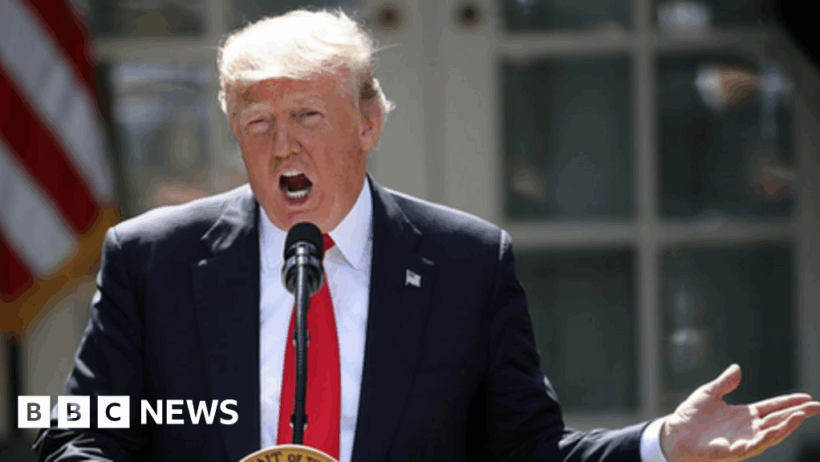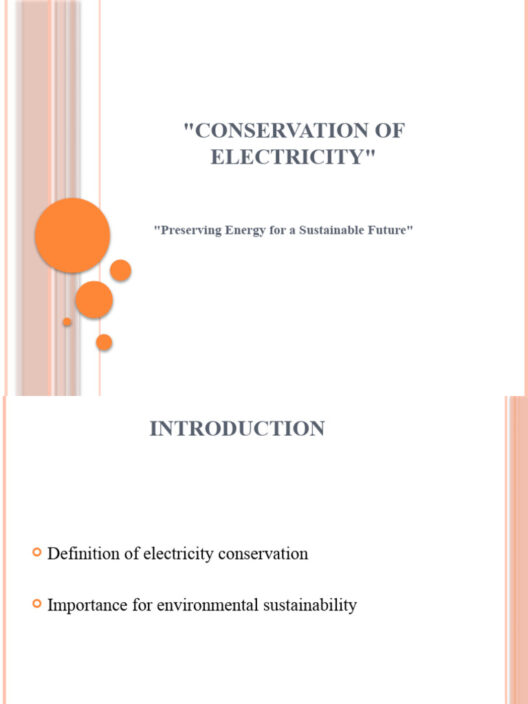In June 2017, former President Donald Trump announced his administration’s decision to withdraw the United States from the Paris Climate Agreement, a landmark accord aimed at combating climate change on a global scale. This momentous action stirred significant controversy and debate, as it posed serious implications for both domestic and international climate policy.
The Paris Agreement, adopted by nearly 200 nations at the COP21 summit in December 2015, sought to limit global warming to well below 2 degrees Celsius above pre-industrial levels, with an aspirational goal of limiting the temperature increase to 1.5 degrees Celsius. The essence of the agreement relies on the collective commitment of participating countries to set nationally determined contributions (NDCs) aimed at reducing greenhouse gas emissions. The United States, as one of the largest carbon emitters in the world, had a paramount role in this accord, and Trumps’ withdrawal reverberated throughout the international community.
Trump justified this withdrawal by citing economic concerns, asserting that the agreement imposed unfair burdens on the U.S. economy and industry. His administration contended that compliance with the accord would lead to job losses, particularly in coal-dependent regions. They argued that while countries like China and India were permitted to continue increasing their emissions, the U.S. was expected to curtail its economic potential unilaterally. Herein lies a critical dichotomy; the administration perceived the agreement as a threat to American sovereignty and economic vitality, while others viewed it as an indispensable framework for collective action against climate change.
The ramifications of the U.S. exit from the Paris Agreement extended beyond economic rhetoric. Environmental advocates and scientists expressed grave concerns that the withdrawal would undermine global climate efforts, encouraging other nations to falter in their commitments. Indeed, the move was perceived as a signal that the U.S. was retreating from its leadership role in addressing one of the most pressing issues of our time. The action prompted many in the international community to question the reliability of U.S. commitments to multilateral agreements, raising fears of a domino effect regarding other nations’ adherence to climate protocols.
Following the formal notification of withdrawal, a legally mandated process commenced, taking nearly four years to complete. The United States officially exited the Paris Agreement on November 4, 2020, marking a historic and concerning moment in global climate governance. In contrast to the spirit of cooperation embodied in the agreement, this exit exemplified a unilateral shift towards isolationism in climate policy. Moreover, the signing of the Paris Accord in 2016 by President Barack Obama further showcased the political volatility surrounding climate action in the U.S., where every administration seems to oscillate between responsibility and retrenchment.
In response to the withdrawal, numerous states, cities, and businesses within the U.S. launched their own initiatives and commitments to combat climate change. This grassroots endeavor highlighted a formidable phenomenon known as “subnational action,” wherein local and regional entities take leadership positions despite the federal government’s retreat. Leaders from California to New York vowed to uphold the goals of the Paris Agreement, emphasizing that climate action transcends partisan politics. Such developments are emblematic of a growing awareness about the exigency of addressing climate issues, which transcends the purview of federal mandate.
Moreover, the dialogue surrounding Trump’s exit from the agreement shed light on another critical dimension—the role of climate justice. As climate change disproportionately affects marginalized communities, critics postulated that withdrawing from international commitments would hinder efforts to address the disproportionate impacts on vulnerable populations. Environmental racism and global inequities in climate vulnerability further complicate the narrative. By withdrawing, it could be argued that the U.S. not only retreated from its ethical obligation but also undermined the vital need for a just transition for all affected communities around the globe.
In the years following the withdrawal, the intergovernmental body was tasked with galvanizing global efforts to avert climate catastrophe. Subsequent climate summits highlighted the reality that the world can no longer afford to sidestep the issue. By the time of the United States’ exit, international pressure had intensified, urging nations to augment their climate commitments. Critics of Trump’s decision posited that re-engagement with the Paris Agreement would not only restore U.S. credibility but also reinvigorate momentum for global solutions to a universally shared plight.
After Biden’s inauguration in January 2021, the trajectory of U.S. climate policy pivoted once again. In an early executive action, President Biden reaffirmed the U.S. commitment by rejoining the Paris Agreement, signaling a renewed optimism in concerted global action on climate issues. This pivot illustrated the profound implications of leadership on climate policy, showcasing how electoral choices resonate not only nationally but also globally.
In conclusion, Donald Trump’s withdrawal from the Paris Climate Agreement drew stark lines in the ongoing dialogue about climate change. It illustrated the tensions between economic development and environmental responsibility, while also raising questions about global leadership in a time of urgent ecological need. As the world navigates the complexities of climate action, the evolution of U.S. participation in the Paris Agreement serves as a critical lens through which to scrutinize both past decisions and future trajectories in environmental governance. Ultimately, the outcome resonates beyond borders, reminding us that climate change is an omnipresent threat that calls for collective resolve.








